
Episode 8: The Soul of Music: Exploring Chief Xian’s ancestral memory
[Listen] UCLA professor, Nat Geo Explorer and archaeologist Justin…
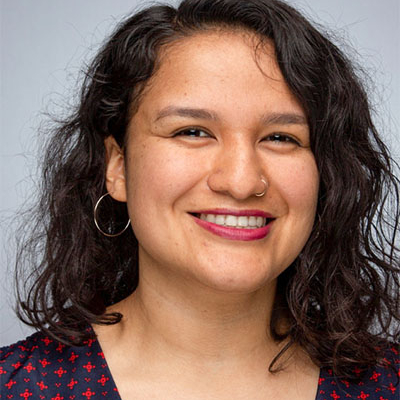
UCLA LPPI Centers Latinas in the Struggle for Reproductive Freedoms
UCLA LPPI Centers Latinas in the Struggle for Reproductive Freedoms…
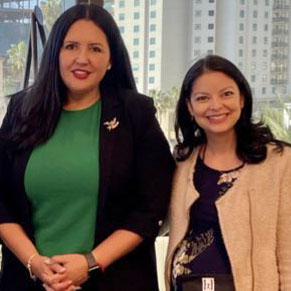
The Role of Hispanic Serving Institutions in Preparing the Leaders of Tomorrow
The Role of Hispanic Serving Institutions in Preparing the…
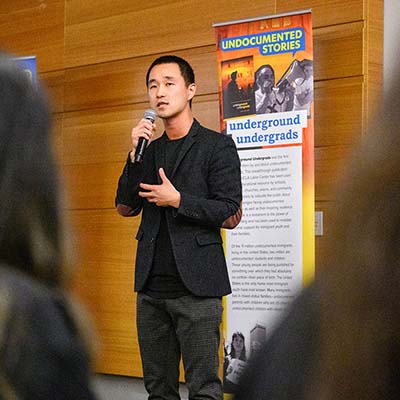
UCLA Labor Center hosts ‘Opportunity For All’ teach-in
On Nov. 1, the UCLA Labor Center co-hosted a teach-in about…
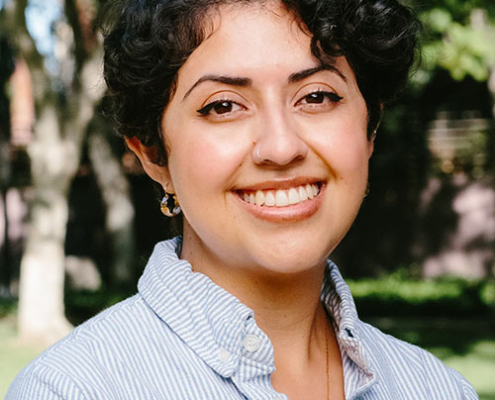
LPPI Staff Bring Insights and Accountability to Policymaking
New UCLA LPPI Staff Bring Insights and Accountability to Policymaking…

UCLA LPPI Policy Fellows Fight for an Inclusive Democracy
UCLA LPPI Policy Fellows Fight for an Inclusive Democracy During…
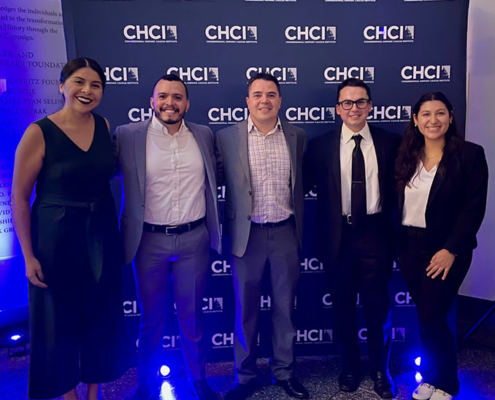
LPPI Shines at the Congressional Hispanic Caucus Institute Conference
by Alise Brillault UCLA LPPI experts and policy fellows were…
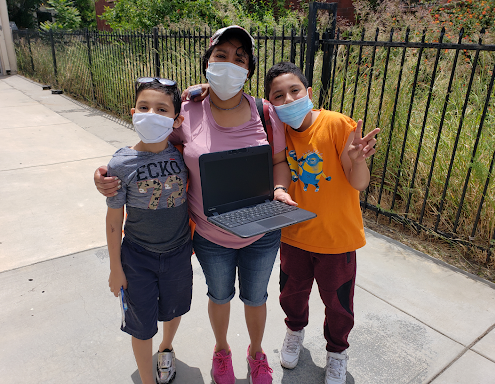
Janitor-Parent Experiences During the COVID-19 Pandemic
By Lucy González, Graduate Student Researcher; Sophia L.…

UCLA LPPI Stakeholders Reflect on Transition from ‘Initiative’ to Institute
"Latino Policy and Politics Institute Founding Executive…
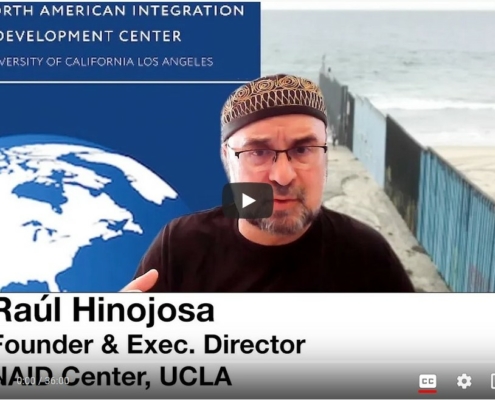
LA Social Science Presents “Conversations with Changemakers” Featuring Dr. Raúl Hinojosa Discussing the Recent Conference Commemorating 25 Years of UCLA NAID Center’s Research & Innovation
LA Social Science recently interviewed Dr. Raúl Hinojosa,…

